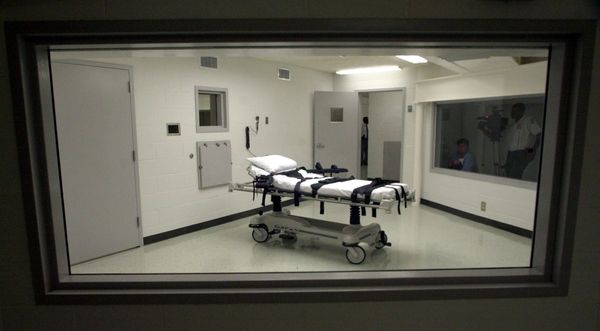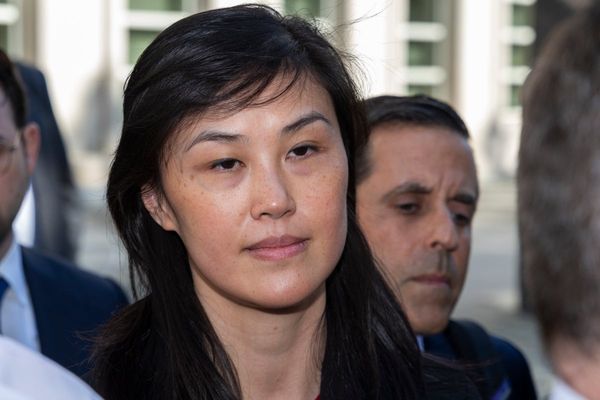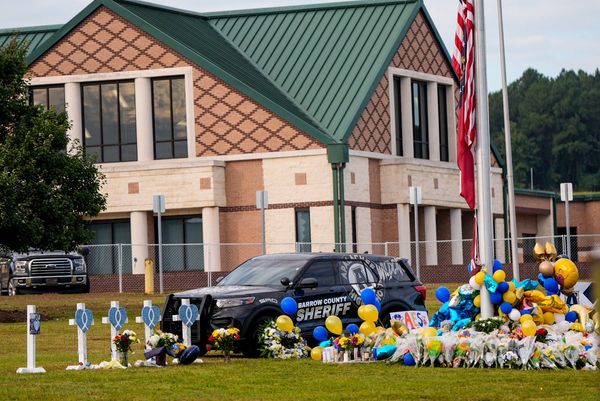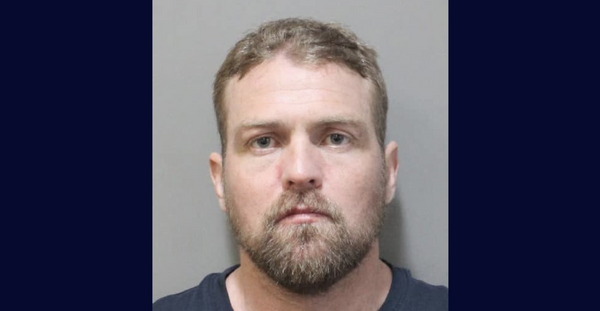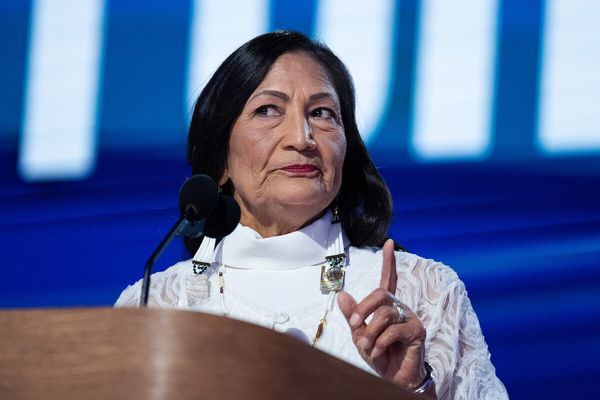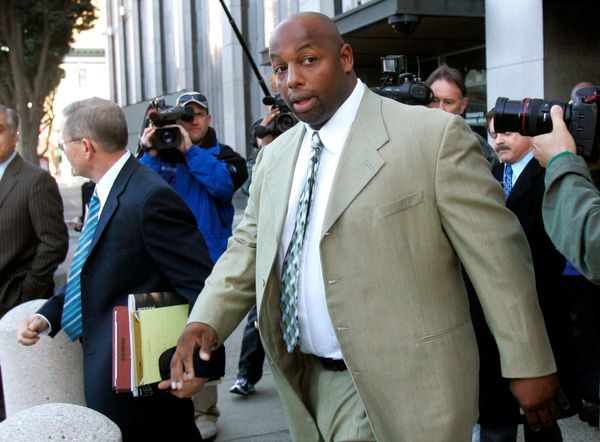TOPEKA, Kan. — The Kansas Senate passed a bill Tuesday banning transgender athletes from girls and women's sports in schools, achieving a veto-proof majority for virtually the same measure that fell short last year.
Republican John Doll of Garden City flipped his 2021 "no" vote to "yes," giving the Senate a 27-12 margin and the two-thirds majority needed to override the veto that Gov. Laura Kelly delivered last year.
Doll was not immediately available Tuesday to explain his vote.
The bill now heads to the House, where Speaker Ron Ryckman said he plans to bring the legislation for a vote. The chamber passed the bill last year.
The proposal, which supporters call the Fairness in Women's Sports Act, is part of a national wave of anti-LGBTQ legislation and rhetoric. The objective is to eliminate biological advantages they say transgender women have over cisgender women in sports.
"As we've seen this past weekend, girls are losing opportunities in the NCAA tournament, they're absolutely being denied opportunities that are being given to biological men, and Kansans are not okay with that," said Brittany Jones, director of policy and engagement for Kansas Family Voice.
Lia Thomas, a transgender woman and Division I swimmer at the University of Pennsylvania, sparked protests from supporters of measures such as the Fairness in Women's Sports Act after she won a national championship last week.
Supporters invoked Thomas during debate on Monday as an example of unfair advantages held by transgender athletes.
"How many girls have to have their opportunity taken away before it would be seen as a problem?" asked Sen. Renee Erickson, a Wichita Republican who introduced the bill. "If Lia Thomas were at the University of Kansas instead of the University of Pennsylvania, then would the opposition vote for this because it's a problem here?"
Ryckman said there could be more support in the House this year after the NCAA Division I women's swimming championship "made this a reality" for him and other lawmakers.
"I think the difference is, the NCAA swimmer made this a reality to a lot of folks in trying to make ... girls sports fair," Ryckman said. "So, I don't know. We'll have the debate and see how it goes."
Opponents have frequently said the bill is a means of bullying transgender children and exploiting them for political gain.
Rep. Stephanie Byers, a Wichita Democrat and the first transgender lawmaker in the Kansas legislature, said continuously introducing anti-LGBTQ bills will lead to bullying in schools and further affect the mental health of transgender children.
"Any trans kid in the state of Kansas needs to know that we're not done fighting, that we'll do everything we can for them," Byers said. "It's important they remain on this planet and not everybody in the state of Kansas feels like the people who spoke today."
Senate President Ty Masterson, during debate on the Senate floor, took exception to the argument.
"To say it's bullying, I find myself angry, because it's the opponents of the bill that make this about bullying or shaming or ostracizing. It's not at all the case, you're not even making a statement about the individual," Masterson said. "It is basic physiology ... It is why the 240-pound 18-year-old senior can't wrestle the 14-year-old 105 (pound person). They have a physiological difference and I don't know why that seems to be so missed."
Like last year's proposal, the bill would ban transgender athletes from competing in women's sports from kindergarten to college. Kansas is one of 35 states pursuing anti-LGBTQ legislation in 2022, according to the Human Rights Campaign. Missouri and Kentucky introduced similar bills banning transgender women from women's sports.
Other proposals are targeting LGBTQ youth in broader strokes. Texas Gov. Greg Abbott ordered child welfare officials to launch child abuse investigations into parents whose transgender children are receiving gender-affirming medical care. Florida lawmakers passed a bill that prohibits education on gender identity and sexual orientation in the state's primary schools.
"When we pass legislation like this, you're telling our transgender community that they're not good enough to be in Kansas, we don't want them to participate, we don't want them to belong," said Senate Minority Leader Dinah Sykes during debate. "That is not the state I want to be a part of, because they do belong."
____
The Star's Katie Bernard contributed reporting.
